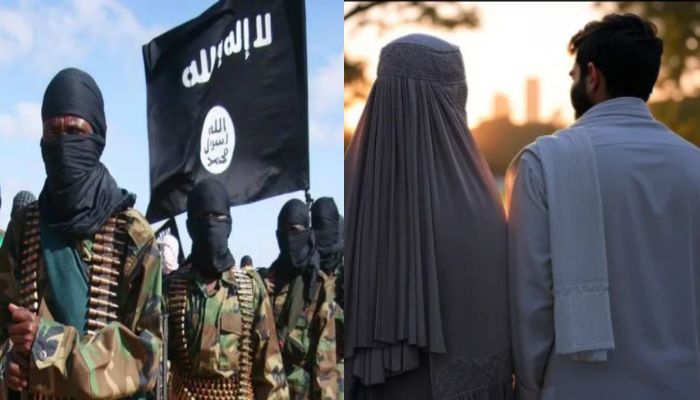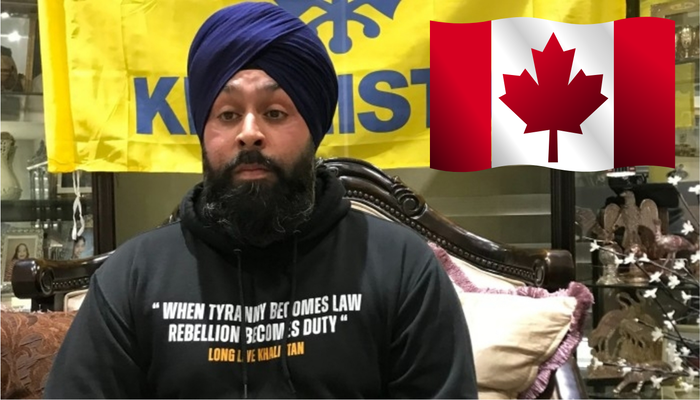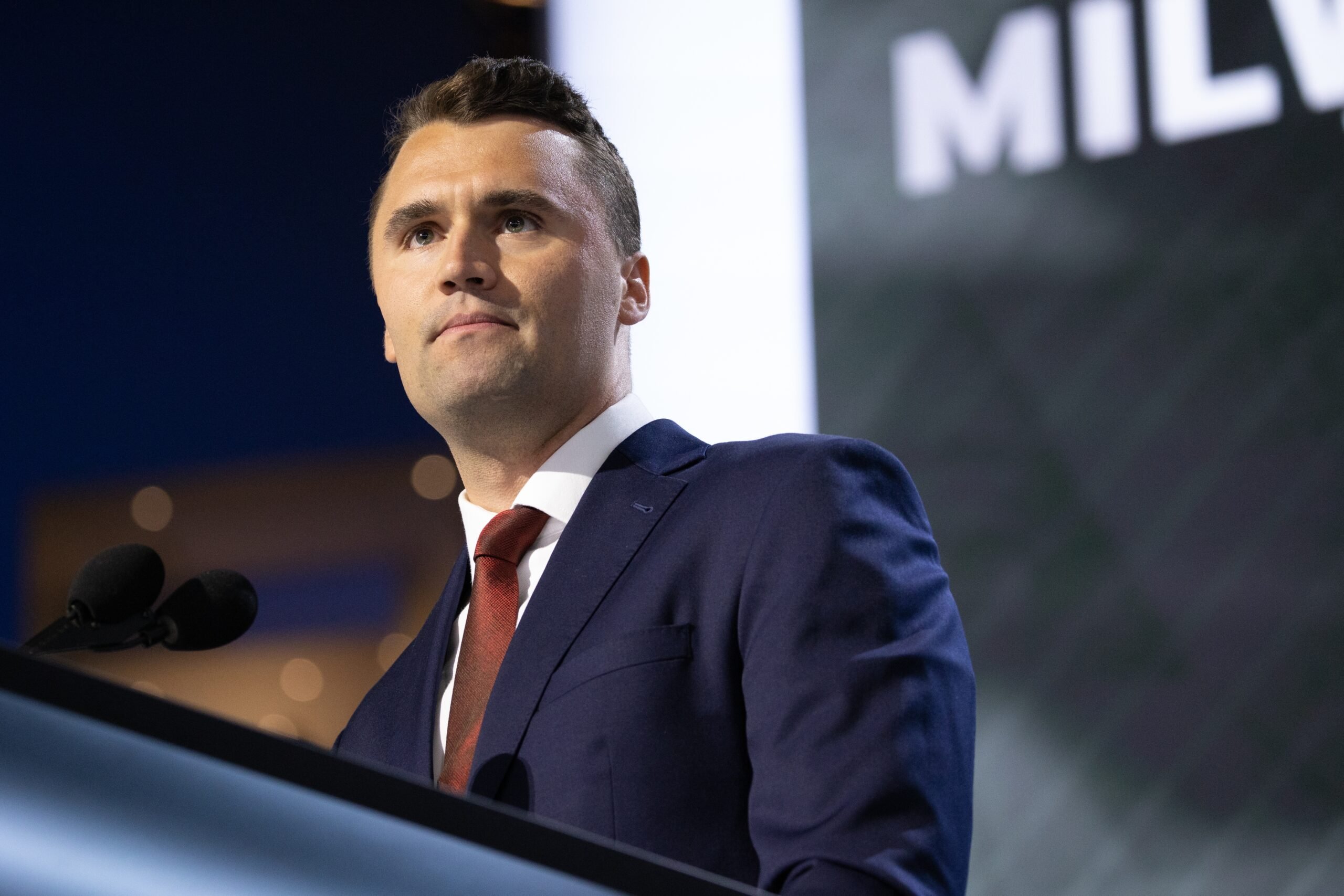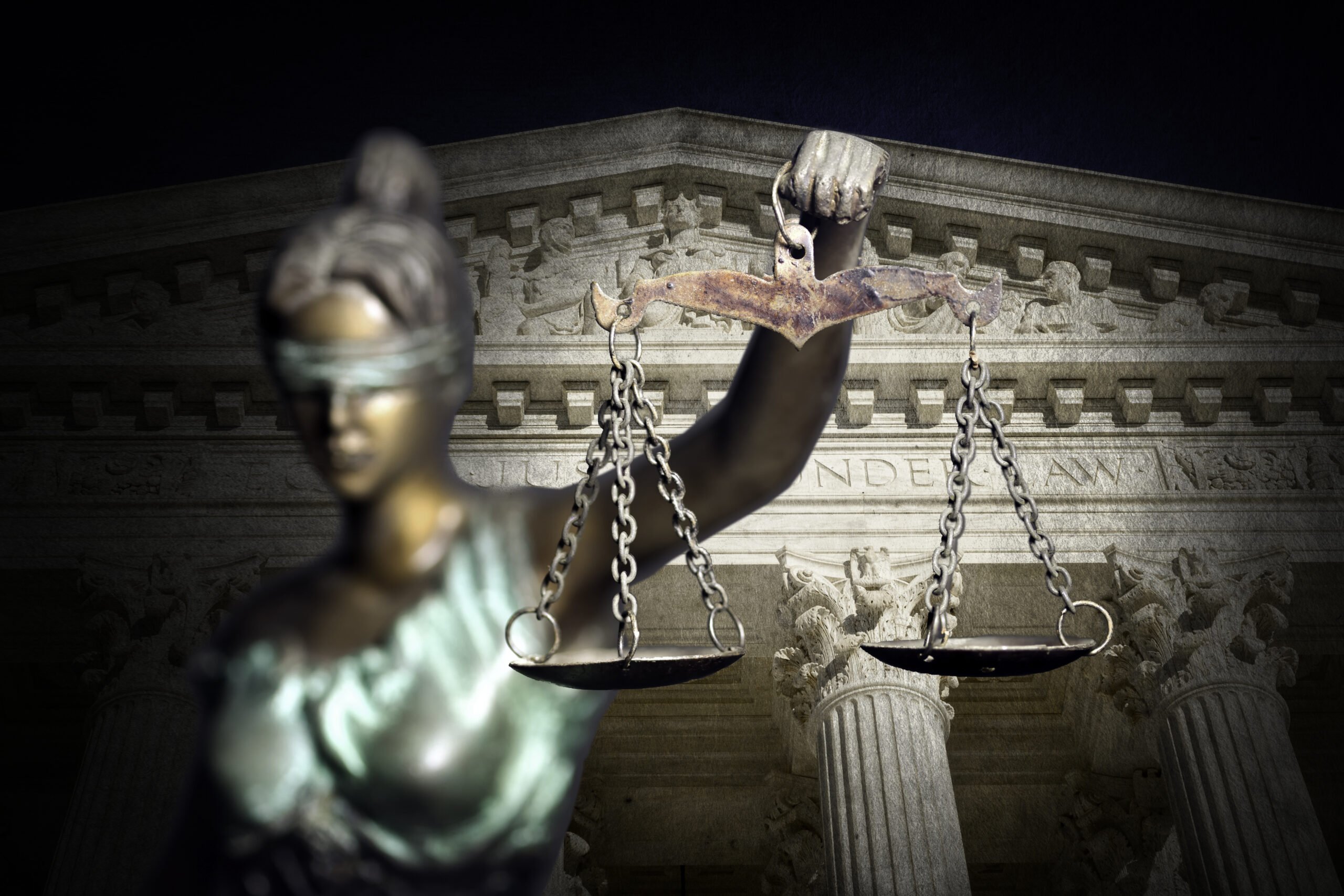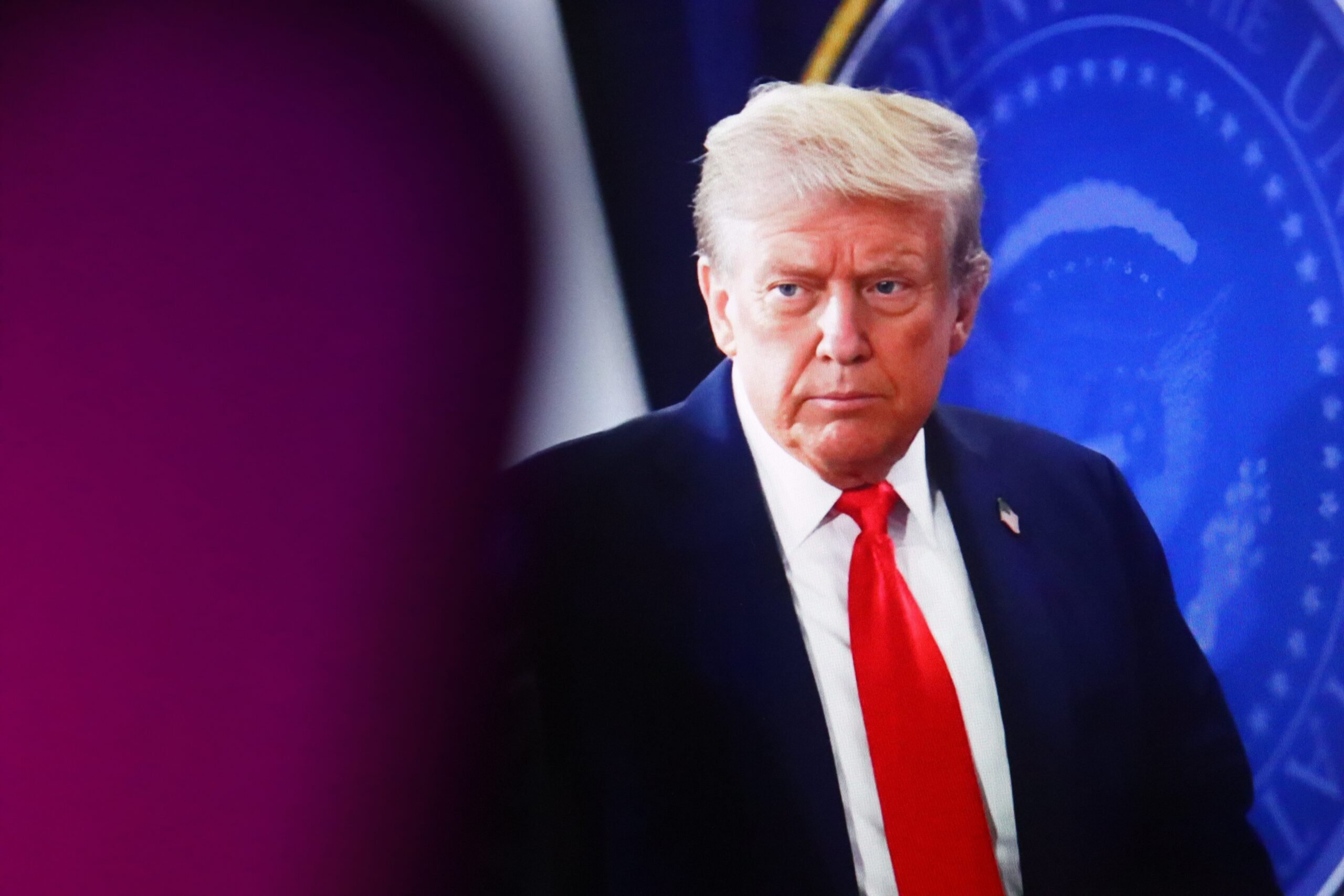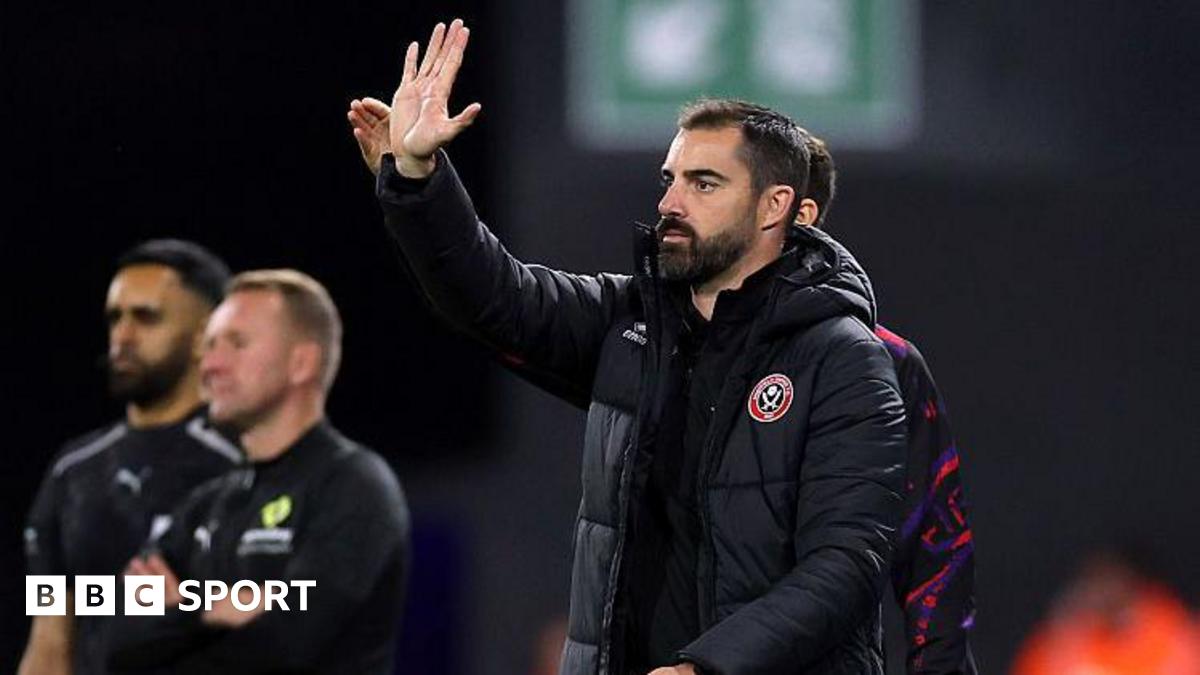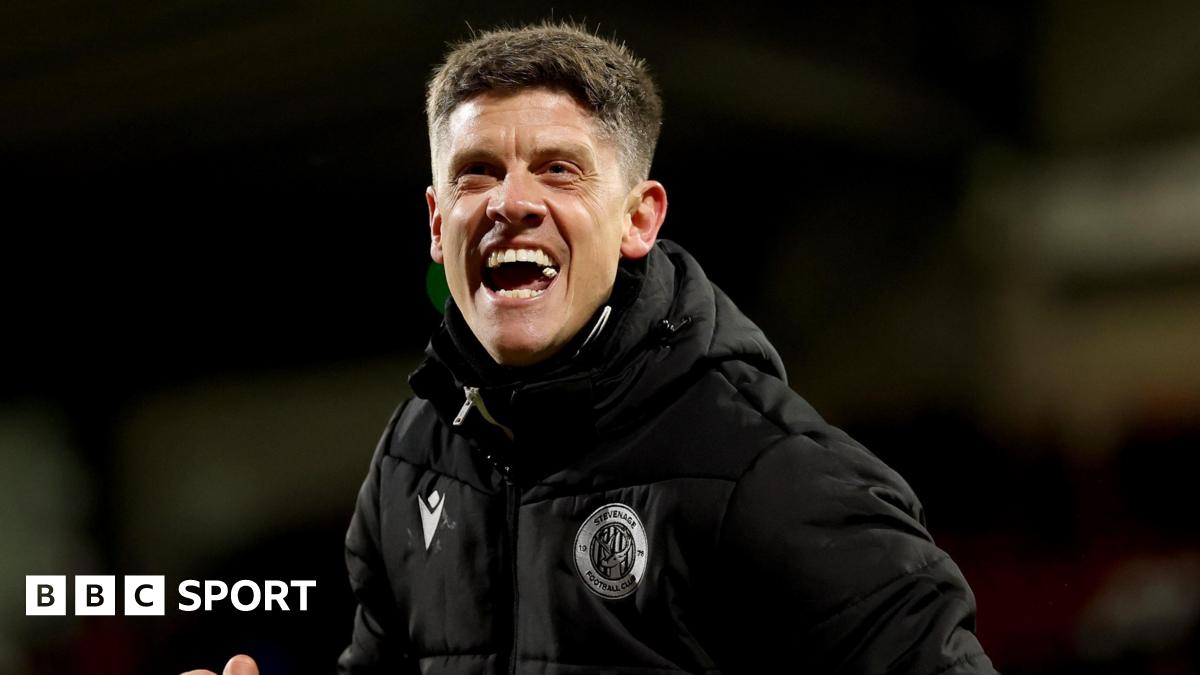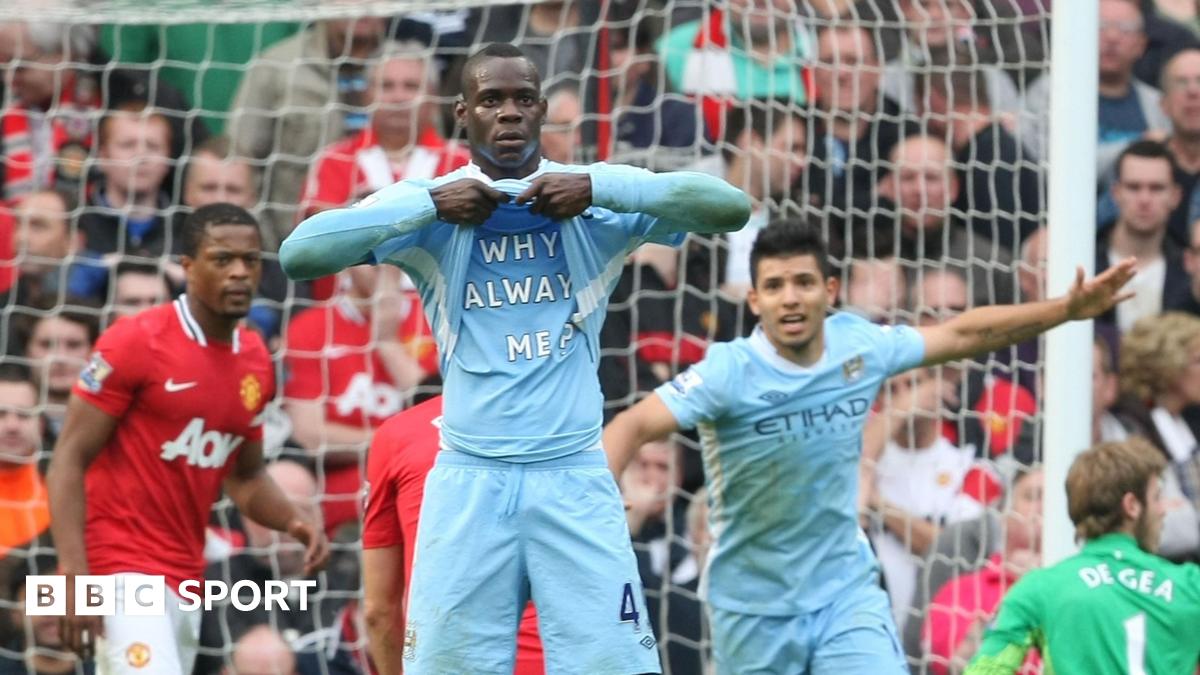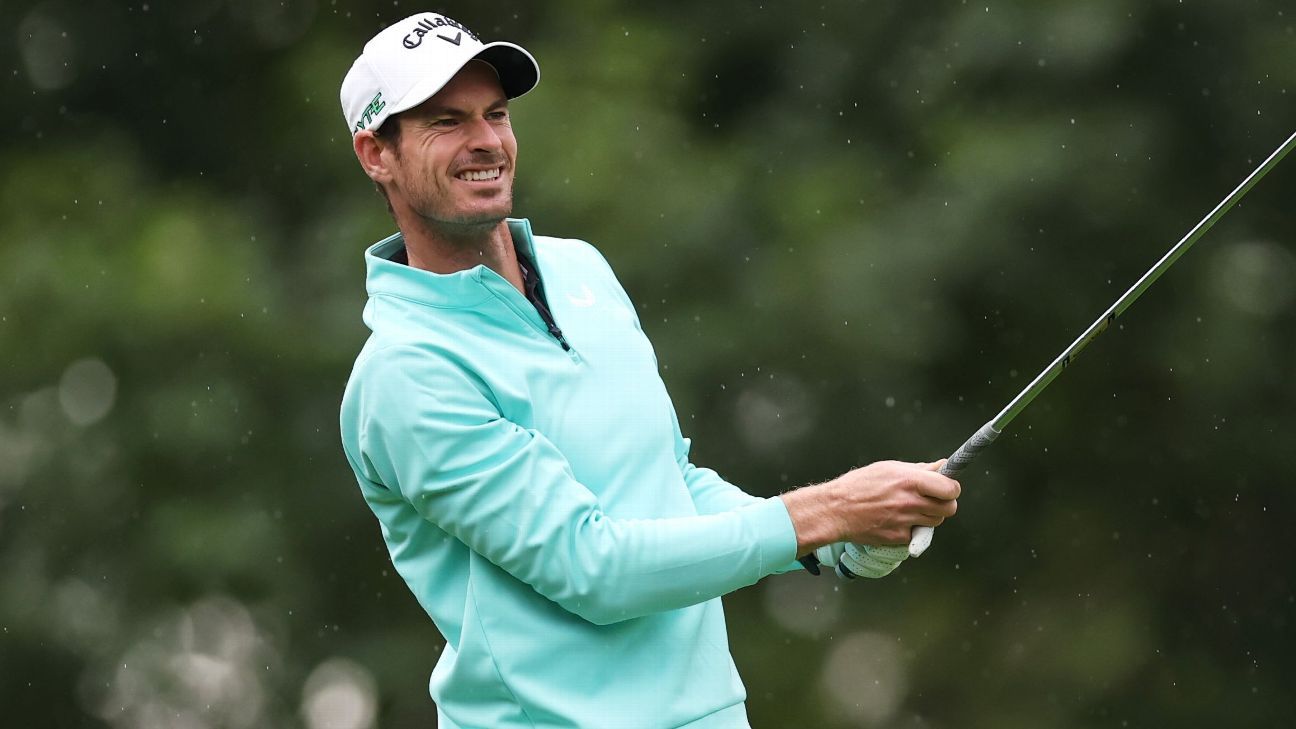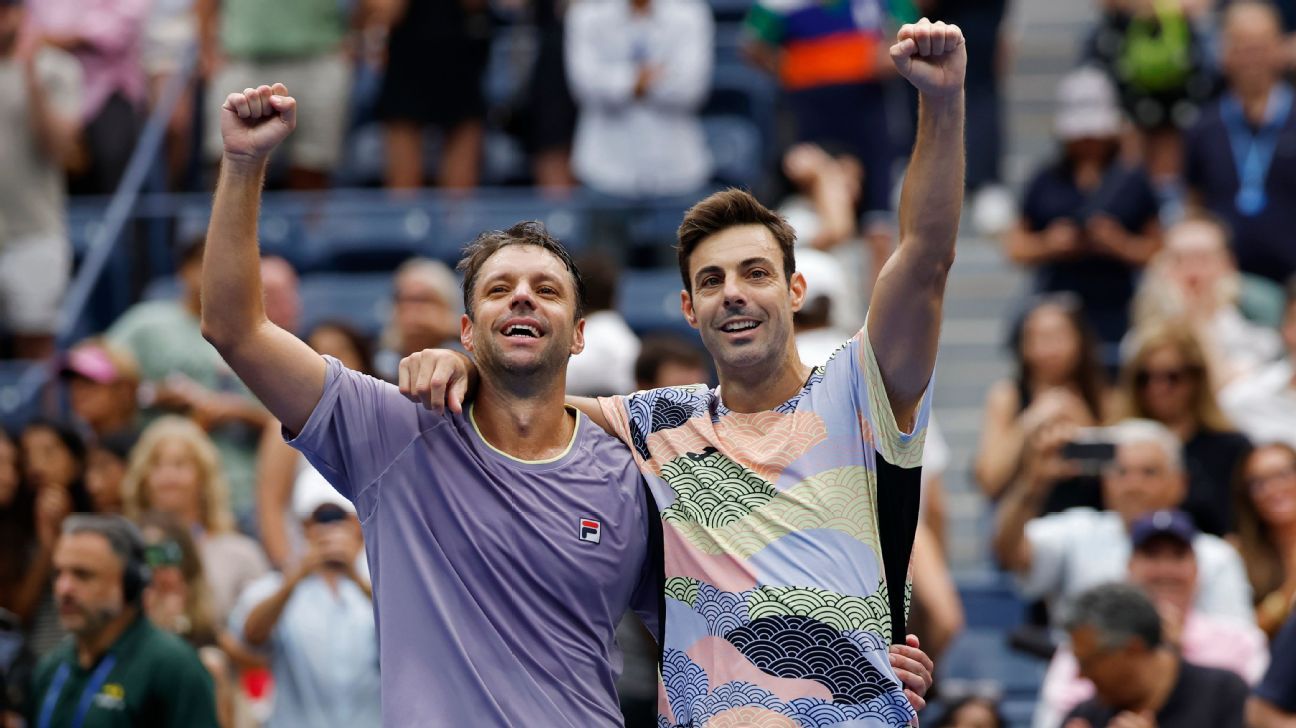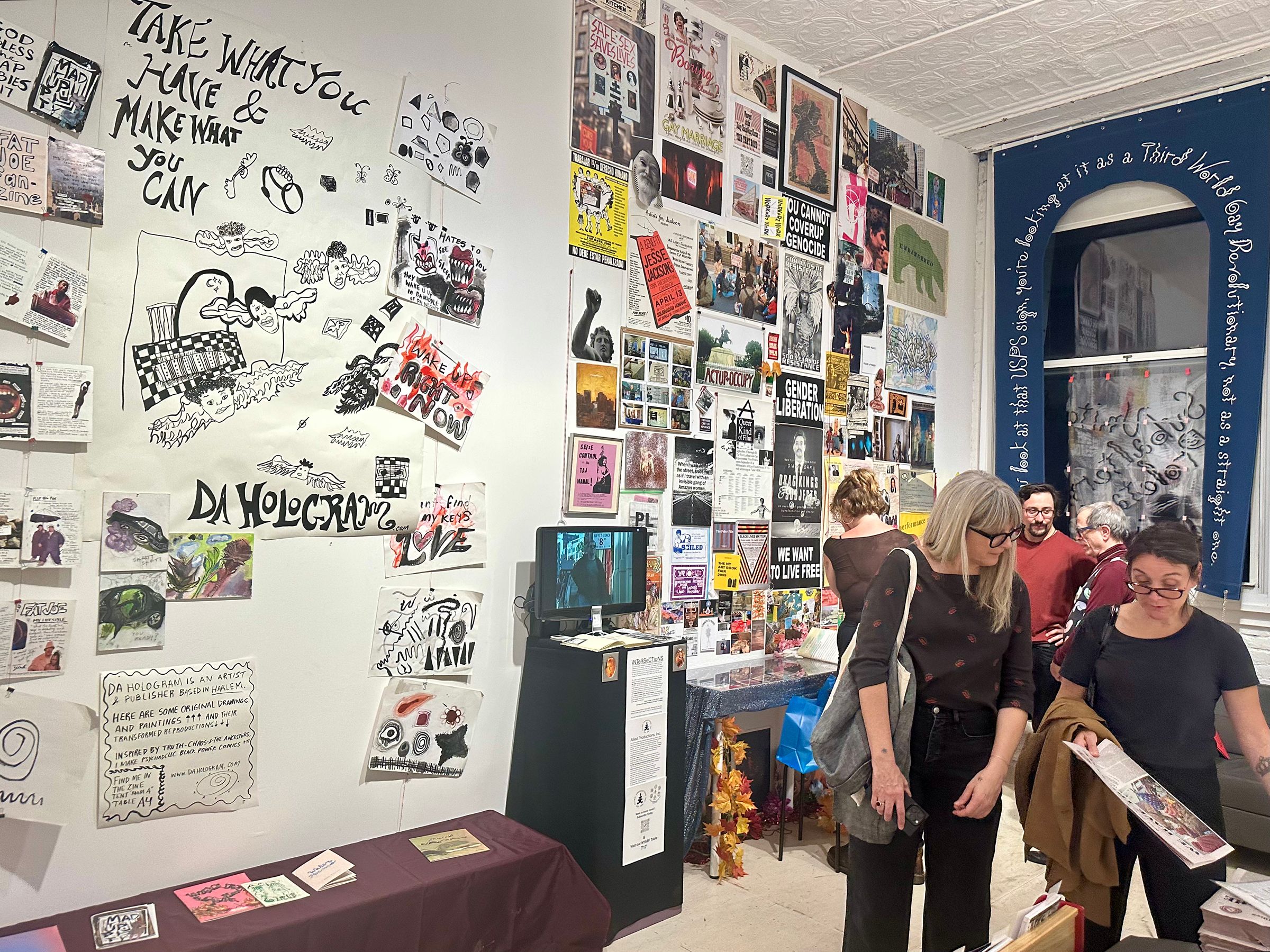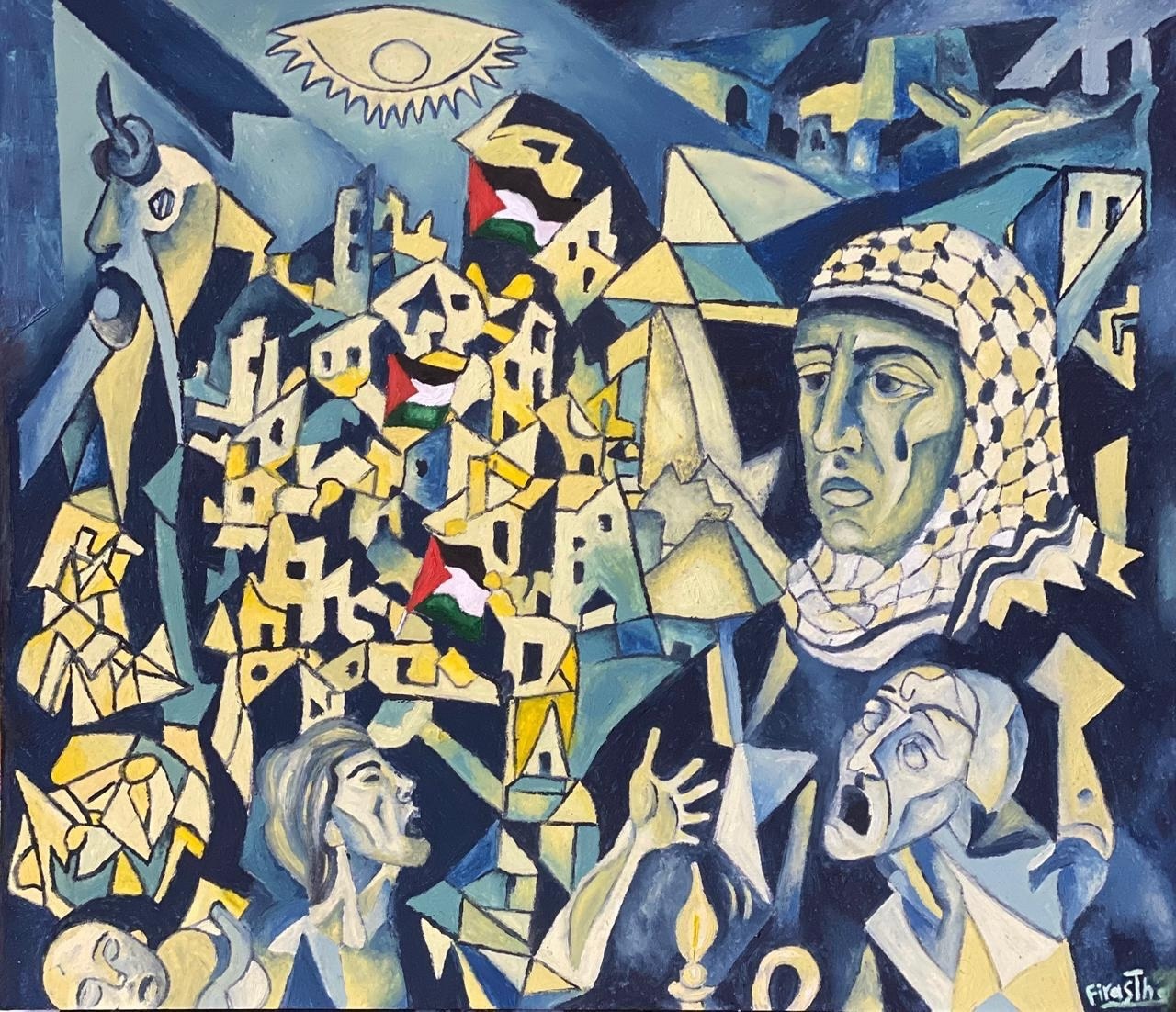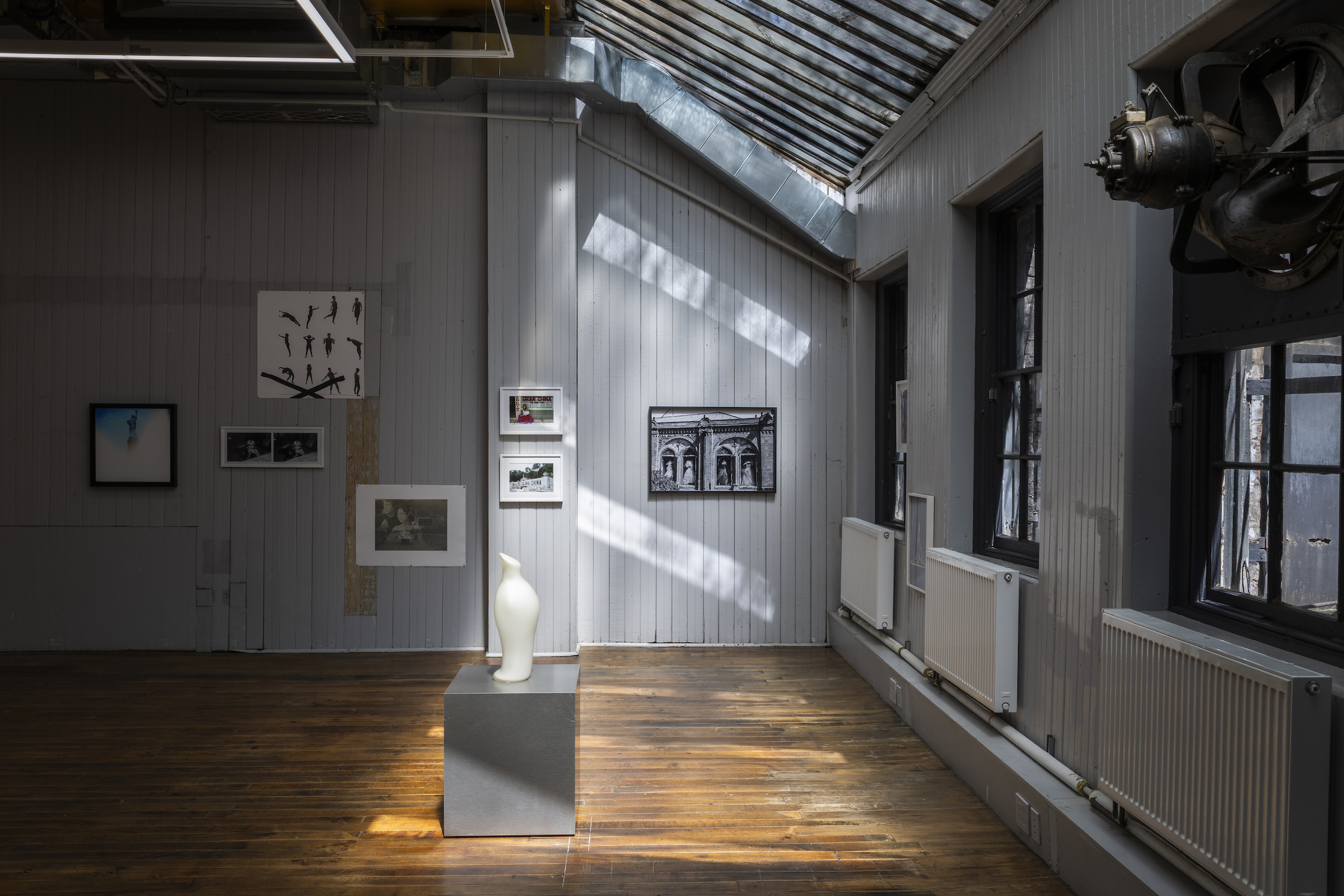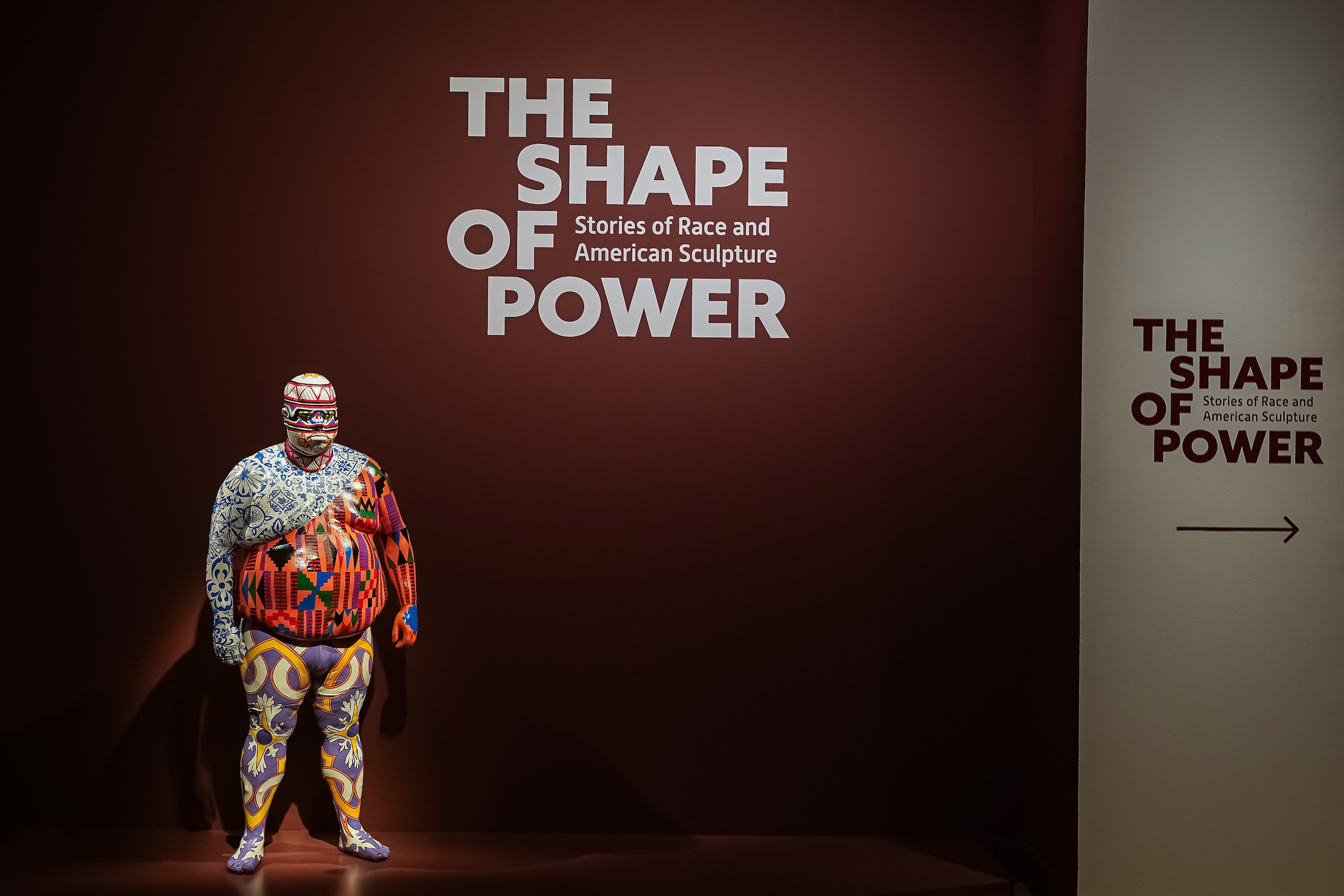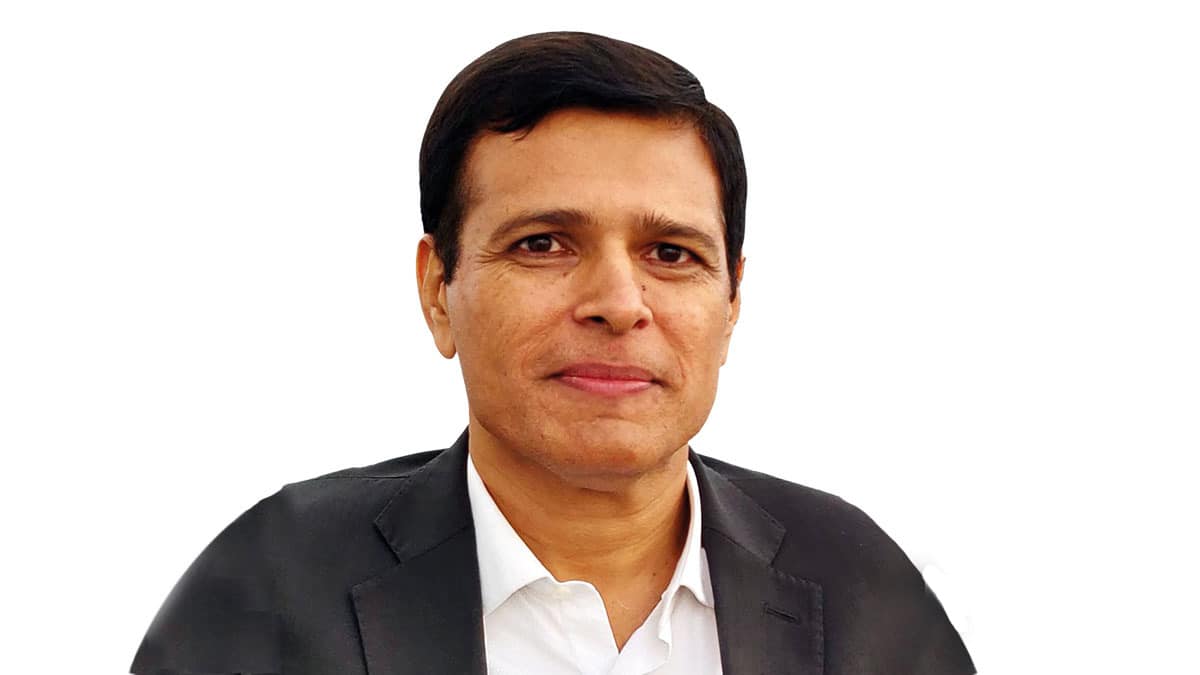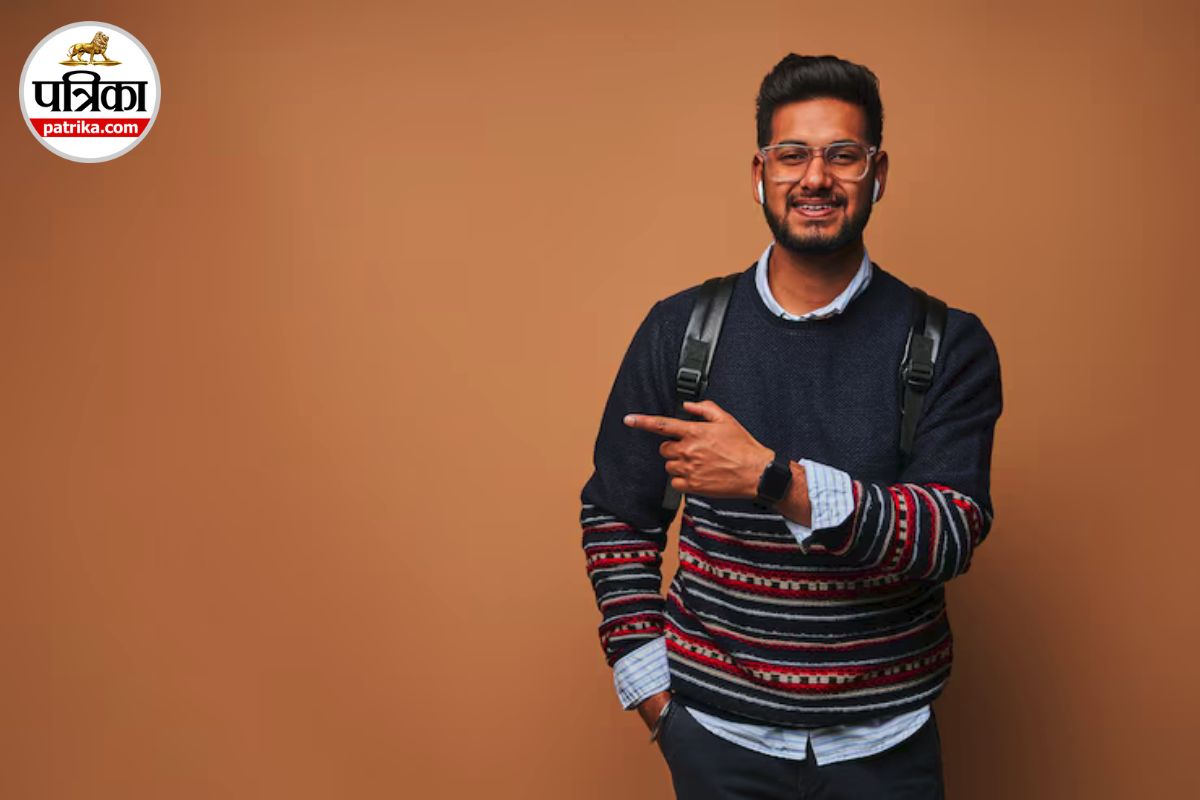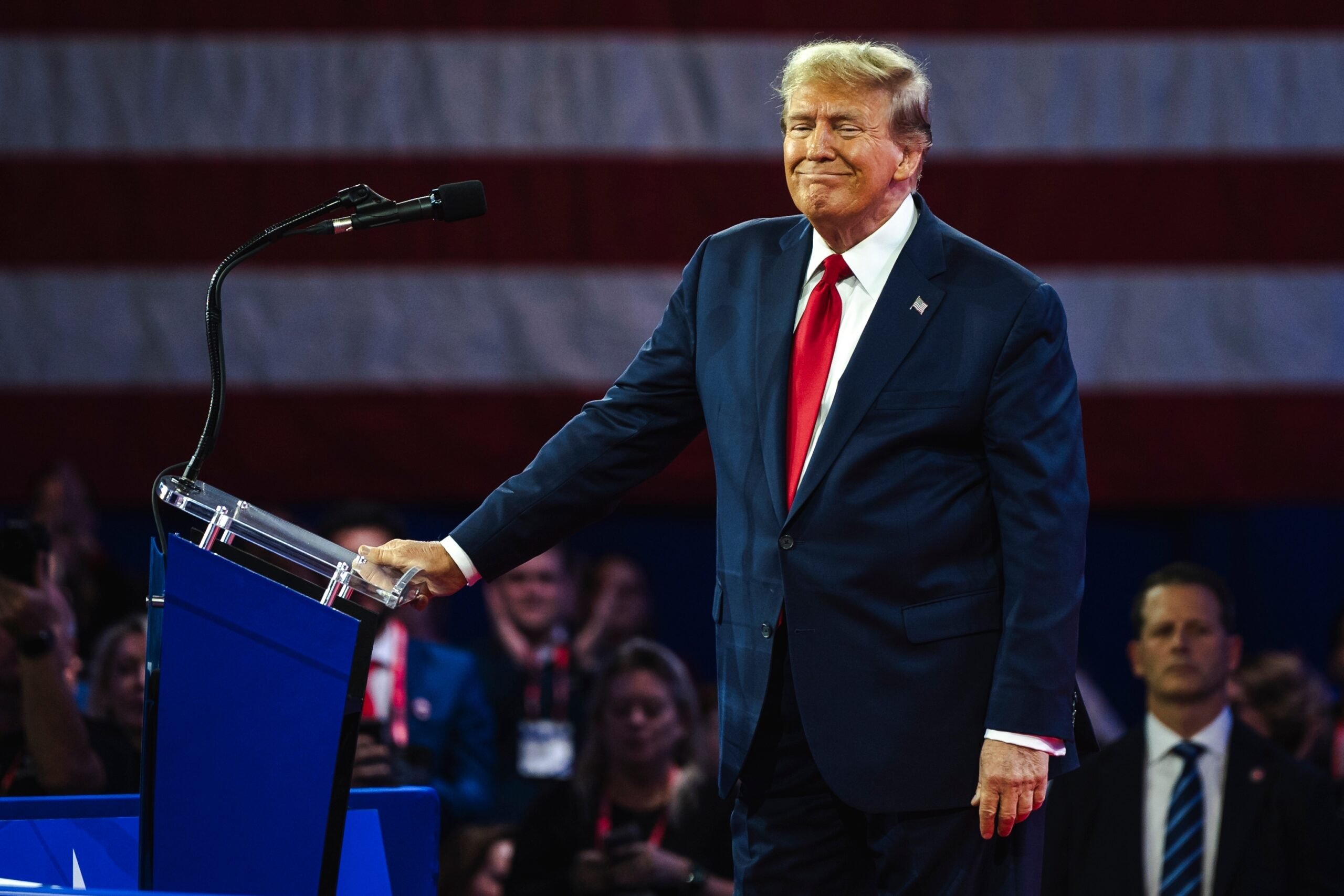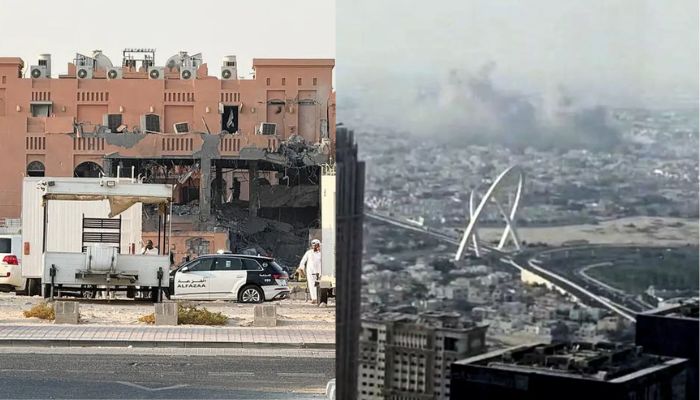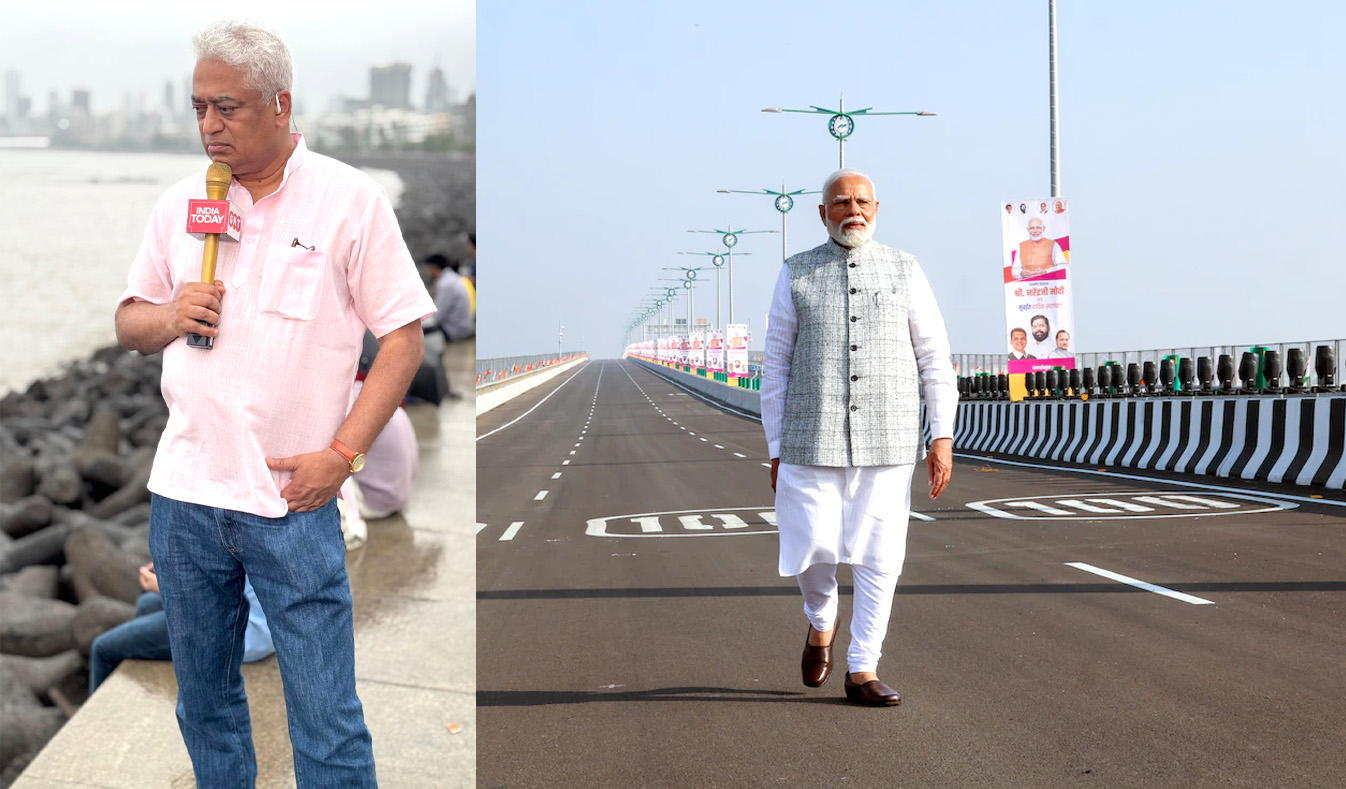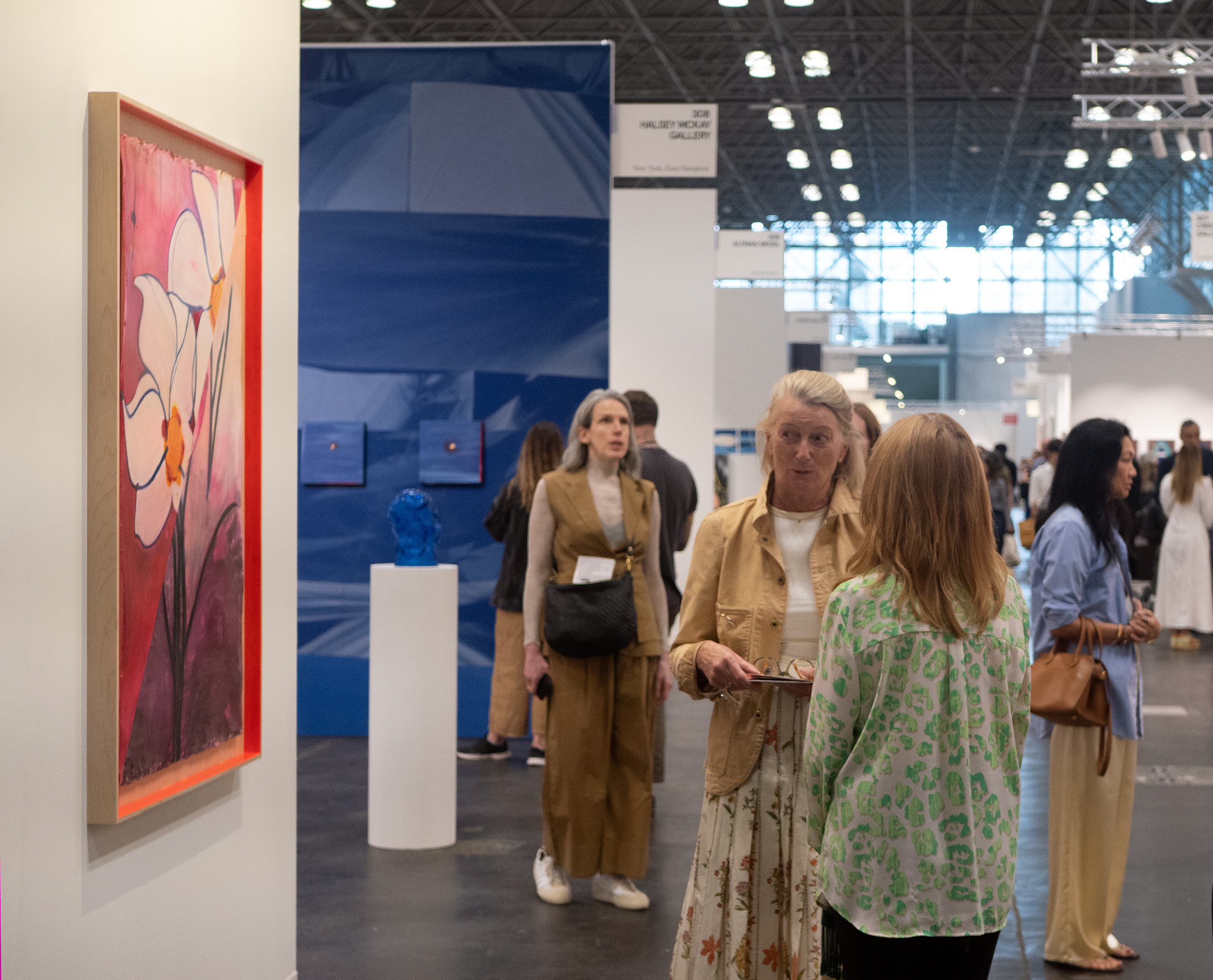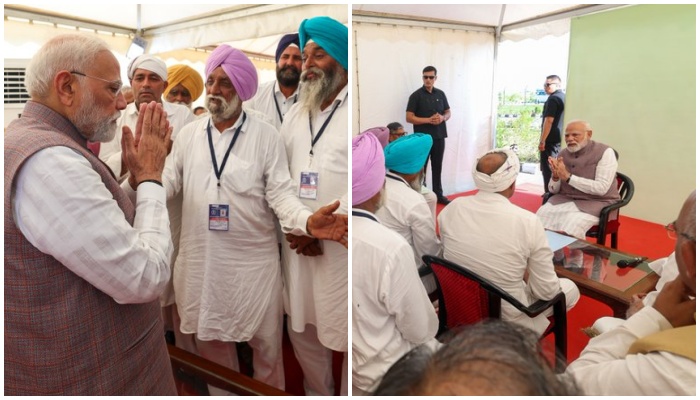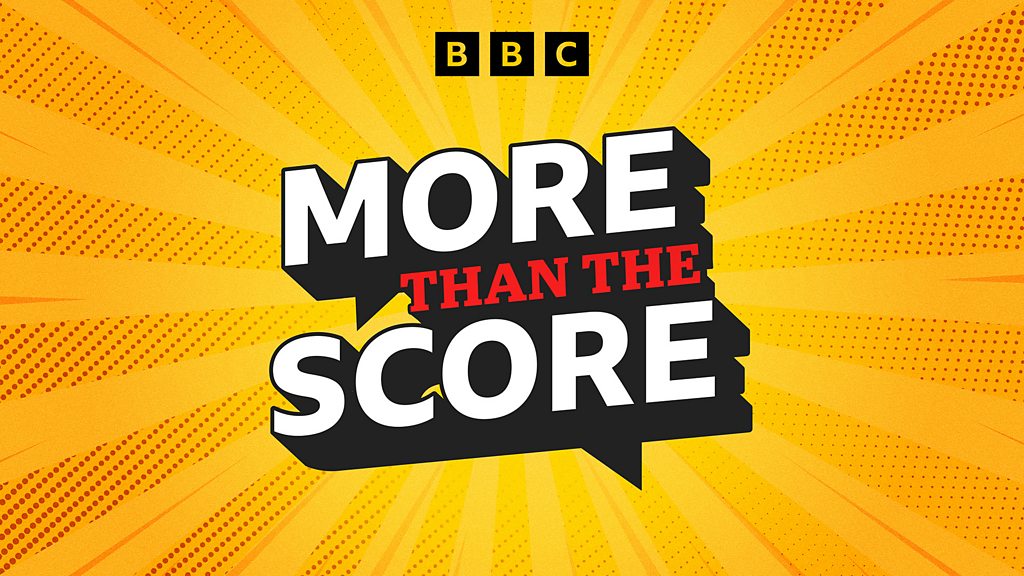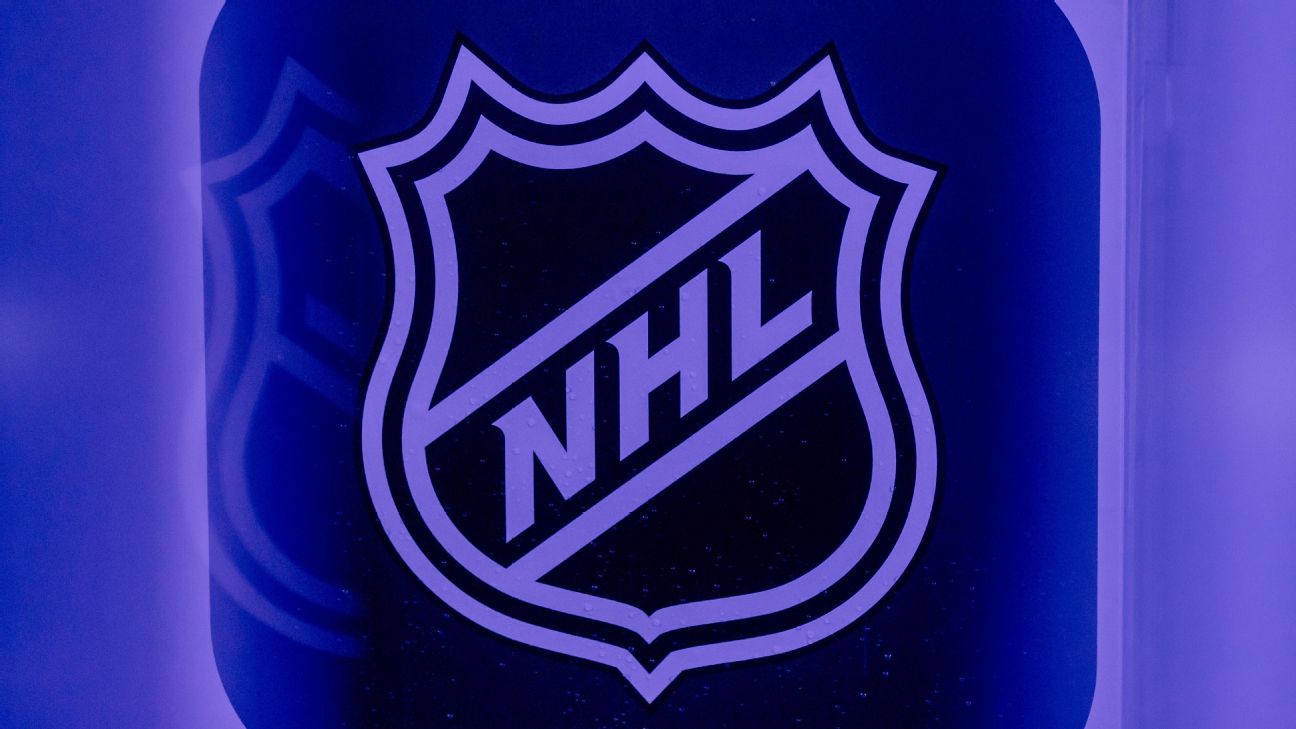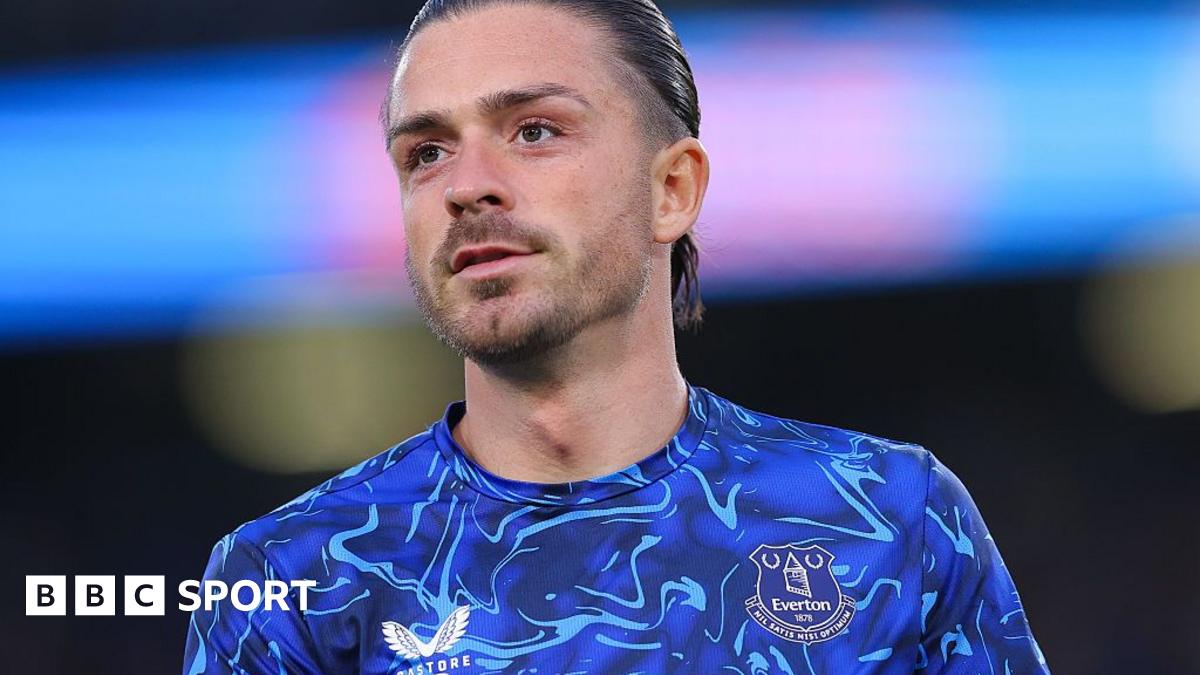PM Modi hosts Mauritius PM Navinchandra Ramgoolam in Varanasi callng it spiritual union of a family, several MoUs and a Special Economic Package announced
Prime Minister Narendra Modi on 11 September 2024 hosted Mauritius Prime Minister Dr. Navinchandra Ramgoolam in Varanasi for bilateral discussions that underscored the deep cultural and strategic bonds between the two nations. The talks, part of Ramgoolam’s week-long state visit to India from September 9 to 16, resulted in several key agreements, a special economic package, and commitments to expand cooperation across sectors from energy to space exploration. This marks Ramgoolam’s first overseas bilateral visit since assuming office in November 2024, reciprocating Modi’s trip to Mauritius in March 2025. The visit began with arrival in Mumbai on September 9, where Ramgoolam, accompanied by his wife Veena, six cabinet ministers, senior officials, and a business delegation, engaged with prominent Indian industry leaders and presided over a business forum. The delegation arrived in Varanasi yesterday evening, setting the stage for Thursday’s high-level talks. Modi welcomed Ramgoolam to his parliamentary constituency, describing the meeting as a “spiritual union” rather than mere diplomacy, highlighting centuries-old cultural ties that have flowed from India to Mauritius like the eternal Ganga River. In his press statement during the joint session, PM Modi emphasized Mauritius’s role in India’s “Neighbourhood First” policy and the “MAHASAGAR” vision for maritime security and growth in the Indian Ocean region. He noted that the two countries elevated their relationship to an “Enhanced Strategic Partnership” during his March visit and reviewed progress across bilateral, regional, and global issues. Modi congratulated Ramgoolam on the recent Chagos Agreement, calling it a “historic milestone” for Mauritius’s sovereignty and reaffirming India’s support for decolonization efforts. Prime Minister Ramgoolam echoed the sentiment of familial bonds, stating in his remarks that he and Modi had “held deep exchanges on pressing global challenges” and would continue collaborating. “This visit has reaffirmed that the ties between Mauritius and India are not defined merely…” he said, trailing into praise for the enduring partnership. The Mauritian leader’s comments aligned with the broader theme of shared dreams and destiny, particularly as both nations commemorate the 125th birth anniversary of Sir Seewoosagur Ramgoolam, Mauritius’s founding father and architect of Indo-Mauritian relations. A centrepiece of the discussions was India’s announcement of a Special Economic Package worth $25 million, aimed at bolstering Mauritius’s infrastructure, job creation, and healthcare. Modi described the package not as aid but as “an investment in our shared future,” with specific initiatives including the establishment of the first Jan Aushadhi Kendra (affordable medicine center) outside India in Mauritius, an AYUSH Centre of Excellence, a 500-bed Sir Seewoosagur Ramgoolam National Hospital, and a Veterinary School and Animal Hospital. Foreign Secretary Vikram Misri elaborated in a special MEA briefing that this includes a grant of approximately ₹96 crore for Phase II of high-impact community development projects. Infrastructure projects under the package encompass the Chagos Marine Protected Area, an Air Traffic Control (ATC) Tower at SSR International Airport, and expansions of highways and ring roads. On the economic front, building on last year’s launch of UPI and RuPay cards in Mauritius, the leaders agreed to advance trade settlements in local currencies to reduce dependency on foreign exchange. Energy cooperation emerged as a key area, with India supporting Mauritius’s transition to sustainable sources. This includes supplying 100 electric buses (10 already delivered), a Comprehensive Partnership Agreement in the energy sector, and assistance for a 17.5 MW floating solar power plant at Tamarind Falls, with an NTPC team set to visit Mauritius soon to finalize details with the Central Electricity Board (CEB). Human resource development remains a cornerstone, with over 5,000 Mauritians trained in India to date. PM Modi highlighted the ongoing training of the first batch of 500 Mauritian civil servants in Mussoorie, as agreed during his March visit. New commitments include establishing a Directorate of Science and Technology in Mauritius and launching Mission Karmayogi training modules there, focusing on civil service capacity building. Education and innovation ties were further strengthened through Memoranda of Understanding (MoUs) between the Indian Institute of Technology (IIT) Madras and the University of Mauritius, as well as between the Indian Institute of Plantation Management (IIPM) Bengaluru and the University of Mauritius. These aim to boost research, education, and innovation collaboration. Maritime security featured prominently, with India reaffirming its role as a “first responder and net security provider” in the Indian Ocean. Ongoing efforts include refitting a Mauritius Coast Guard ship
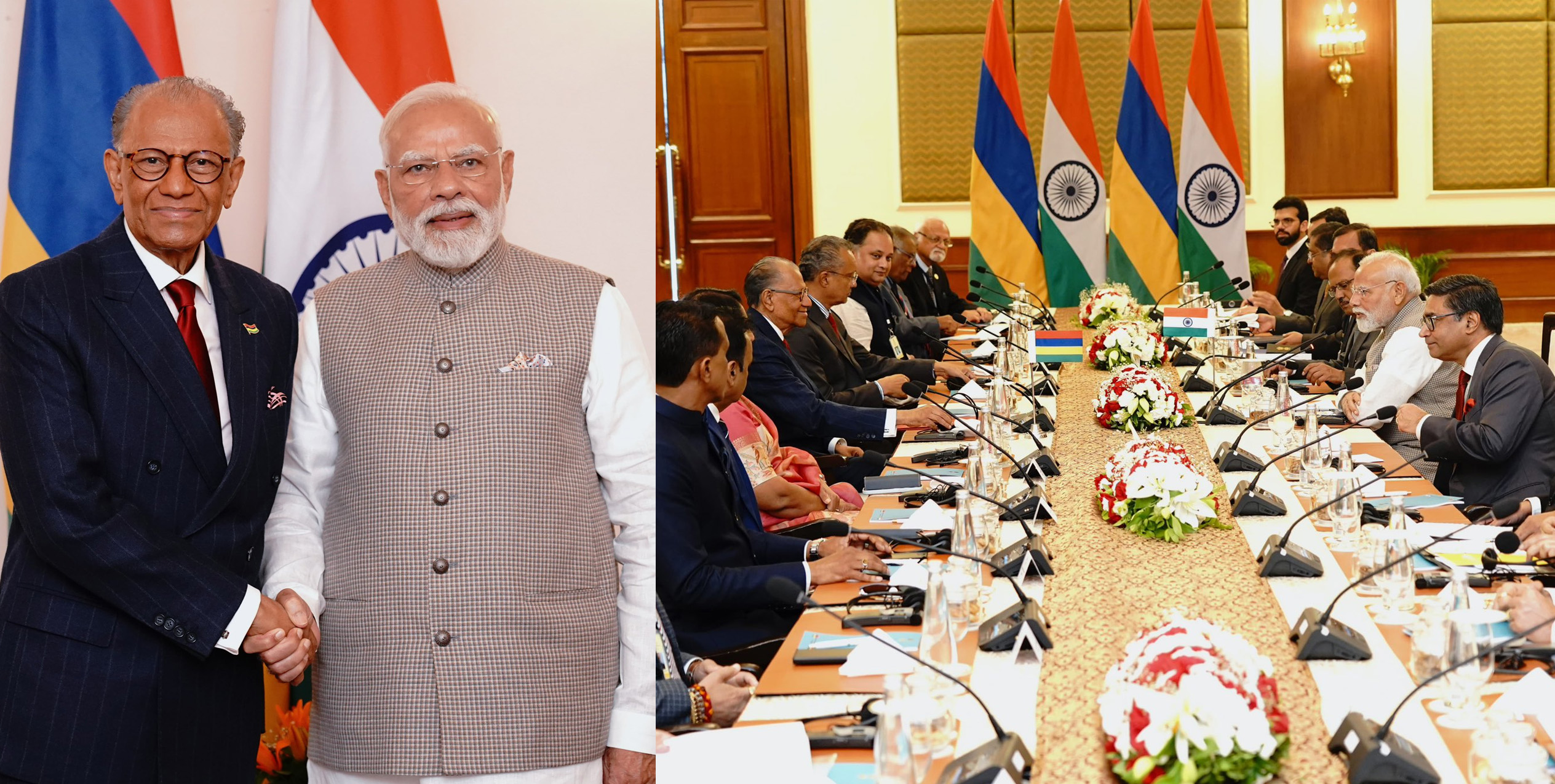


Prime Minister Narendra Modi on 11 September 2024 hosted Mauritius Prime Minister Dr. Navinchandra Ramgoolam in Varanasi for bilateral discussions that underscored the deep cultural and strategic bonds between the two nations. The talks, part of Ramgoolam’s week-long state visit to India from September 9 to 16, resulted in several key agreements, a special economic package, and commitments to expand cooperation across sectors from energy to space exploration.
This marks Ramgoolam’s first overseas bilateral visit since assuming office in November 2024, reciprocating Modi’s trip to Mauritius in March 2025. The visit began with arrival in Mumbai on September 9, where Ramgoolam, accompanied by his wife Veena, six cabinet ministers, senior officials, and a business delegation, engaged with prominent Indian industry leaders and presided over a business forum.
The delegation arrived in Varanasi yesterday evening, setting the stage for Thursday’s high-level talks. Modi welcomed Ramgoolam to his parliamentary constituency, describing the meeting as a “spiritual union” rather than mere diplomacy, highlighting centuries-old cultural ties that have flowed from India to Mauritius like the eternal Ganga River.
In his press statement during the joint session, PM Modi emphasized Mauritius’s role in India’s “Neighbourhood First” policy and the “MAHASAGAR” vision for maritime security and growth in the Indian Ocean region. He noted that the two countries elevated their relationship to an “Enhanced Strategic Partnership” during his March visit and reviewed progress across bilateral, regional, and global issues. Modi congratulated Ramgoolam on the recent Chagos Agreement, calling it a “historic milestone” for Mauritius’s sovereignty and reaffirming India’s support for decolonization efforts.
Prime Minister Ramgoolam echoed the sentiment of familial bonds, stating in his remarks that he and Modi had “held deep exchanges on pressing global challenges” and would continue collaborating. “This visit has reaffirmed that the ties between Mauritius and India are not defined merely…” he said, trailing into praise for the enduring partnership. The Mauritian leader’s comments aligned with the broader theme of shared dreams and destiny, particularly as both nations commemorate the 125th birth anniversary of Sir Seewoosagur Ramgoolam, Mauritius’s founding father and architect of Indo-Mauritian relations.
A centrepiece of the discussions was India’s announcement of a Special Economic Package worth $25 million, aimed at bolstering Mauritius’s infrastructure, job creation, and healthcare. Modi described the package not as aid but as “an investment in our shared future,” with specific initiatives including the establishment of the first Jan Aushadhi Kendra (affordable medicine center) outside India in Mauritius, an AYUSH Centre of Excellence, a 500-bed Sir Seewoosagur Ramgoolam National Hospital, and a Veterinary School and Animal Hospital.
Foreign Secretary Vikram Misri elaborated in a special MEA briefing that this includes a grant of approximately ₹96 crore for Phase II of high-impact community development projects.
Infrastructure projects under the package encompass the Chagos Marine Protected Area, an Air Traffic Control (ATC) Tower at SSR International Airport, and expansions of highways and ring roads. On the economic front, building on last year’s launch of UPI and RuPay cards in Mauritius, the leaders agreed to advance trade settlements in local currencies to reduce dependency on foreign exchange.
Energy cooperation emerged as a key area, with India supporting Mauritius’s transition to sustainable sources. This includes supplying 100 electric buses (10 already delivered), a Comprehensive Partnership Agreement in the energy sector, and assistance for a 17.5 MW floating solar power plant at Tamarind Falls, with an NTPC team set to visit Mauritius soon to finalize details with the Central Electricity Board (CEB).
Human resource development remains a cornerstone, with over 5,000 Mauritians trained in India to date. PM Modi highlighted the ongoing training of the first batch of 500 Mauritian civil servants in Mussoorie, as agreed during his March visit. New commitments include establishing a Directorate of Science and Technology in Mauritius and launching Mission Karmayogi training modules there, focusing on civil service capacity building.
Education and innovation ties were further strengthened through Memoranda of Understanding (MoUs) between the Indian Institute of Technology (IIT) Madras and the University of Mauritius, as well as between the Indian Institute of Plantation Management (IIPM) Bengaluru and the University of Mauritius. These aim to boost research, education, and innovation collaboration.
Maritime security featured prominently, with India reaffirming its role as a “first responder and net security provider” in the Indian Ocean. Ongoing efforts include refitting a Mauritius Coast Guard ship in India and training 120 officers. A renewed MoU on hydrography will facilitate joint surveys, navigation charts, and data sharing for Mauritius’s Exclusive Economic Zone (EEZ) over the next five years.
The visit culminated in the signing of seven MoUs and agreements, as mentioned below:
- Memorandum of Understanding on Cooperation in the Field of Science and Technology between the Department of Science and Technology, Government of India and the Ministry of Tertiary Education, Science and Research, Republic of Mauritius
- Memorandum of Understanding between Council of Scientific and Industrial Research – National Institute of Oceanography, and Mauritius Oceanography Institute
- Memorandum of Understanding between Karmayogi Bharat under the Department of Personnel and Training and the Ministry of Public Service and Administrative Reforms, Government of Mauritius
- Memorandum of Understanding on Cooperation in the field of Power Sector
- Memorandum of Understanding regarding Indian grant assistance for Implementation of Phase II of Small Development Projects
- Renewal of the Memorandum of Understanding in the field of Hydrography
- Agreement between the Government of India and the Government of Mauritius on Cooperation for the Establishment of Telemetry, Tracking, and Telecommunications Station for Satellites and Launch Vehicles and for Cooperation in the fields of Space Research, Science and Application
The talks also touched on broader regional priorities, such as a free, open, and prosperous Indian Ocean, with India committing to enhance Mauritius’s maritime capabilities. The two leaders exchanged views on global matters, including climate change and economic recovery.
During his stay, Prime Minister Ramgoolam is expected to attend the Ganga Aarti on Thursday evening and visit the Kashi Vishwanath Temple on Friday morning before departing. He will reportedly visit Ayodhya also. PM Modi left Varanasi after hosting Ramgoolam for lunch, and travelled to Dehradun for an aerial survey of the flood affected places in Uttarakhand.


